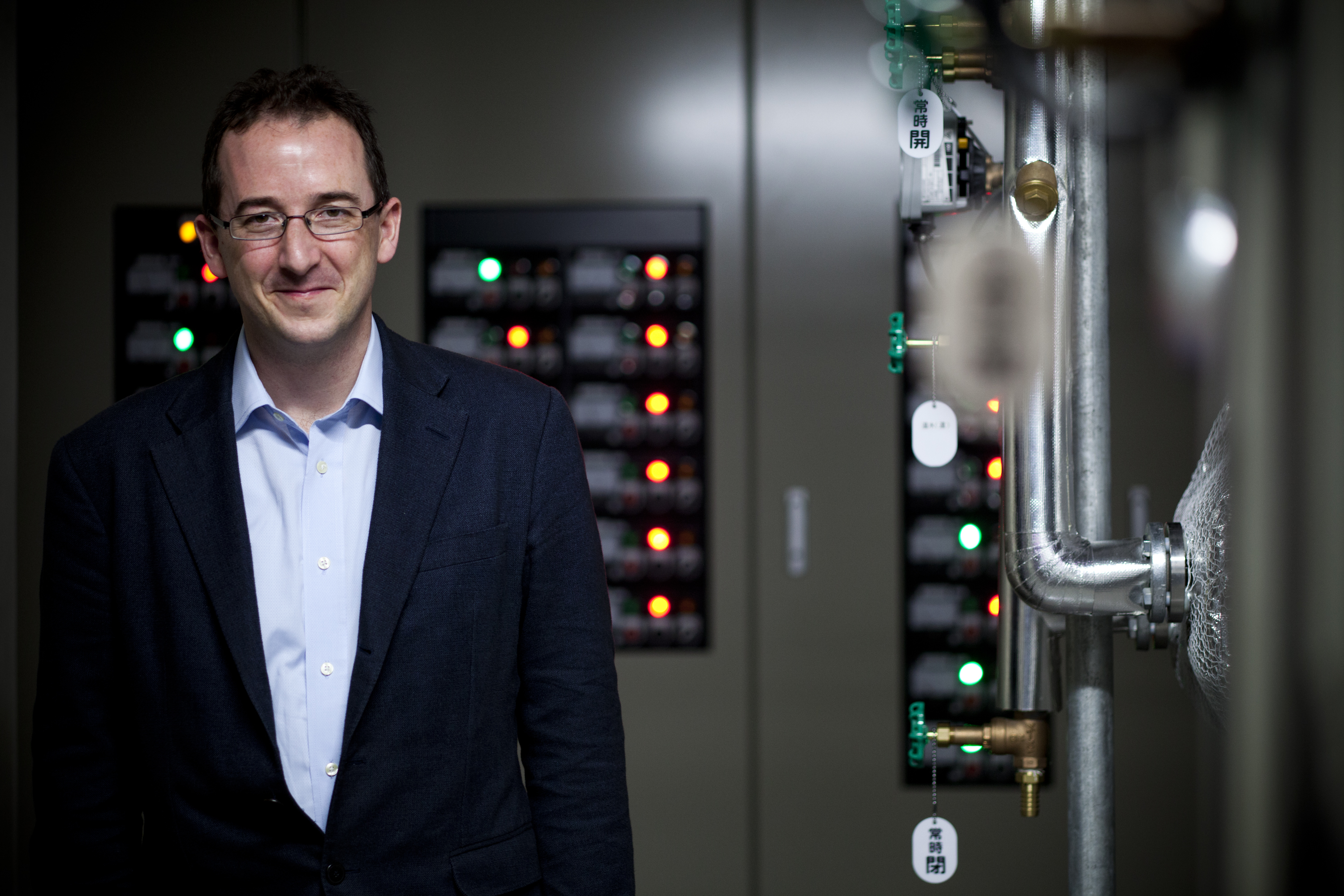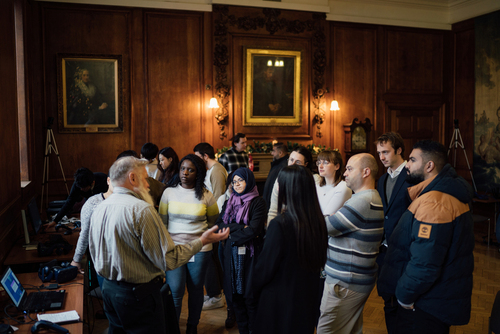Pain BRC now active [Dec 2022]
Oxford Health was recently awarded £35.4m from NIHR, to support cutting edge research into mental health disorders. One of the core theme was Pain, and we are delighted to be moving ahead with our new research agenda in collaboration with many excellent colleagues from within and outside Oxford. The pain theme focuses on core topics such as deep phenotyping and creating better diagnositic and predictive biomarkers for chronic pain, stratifying and deprescribing strategies for pharmacological treatments (especially reducing opioid use), and building next generation neurotechnologies, espeically using virtual reality, invasive and non-invasive neurostimulation, digital CBT, and other approaches. Watch this space to hear more about what's going on. There are several positions available in the near future, including for post-doctoral research in neuro-engineering / bioelectronics, data science and sciatica, and clinical psychology.

 Ben Seymour
Ben Seymour